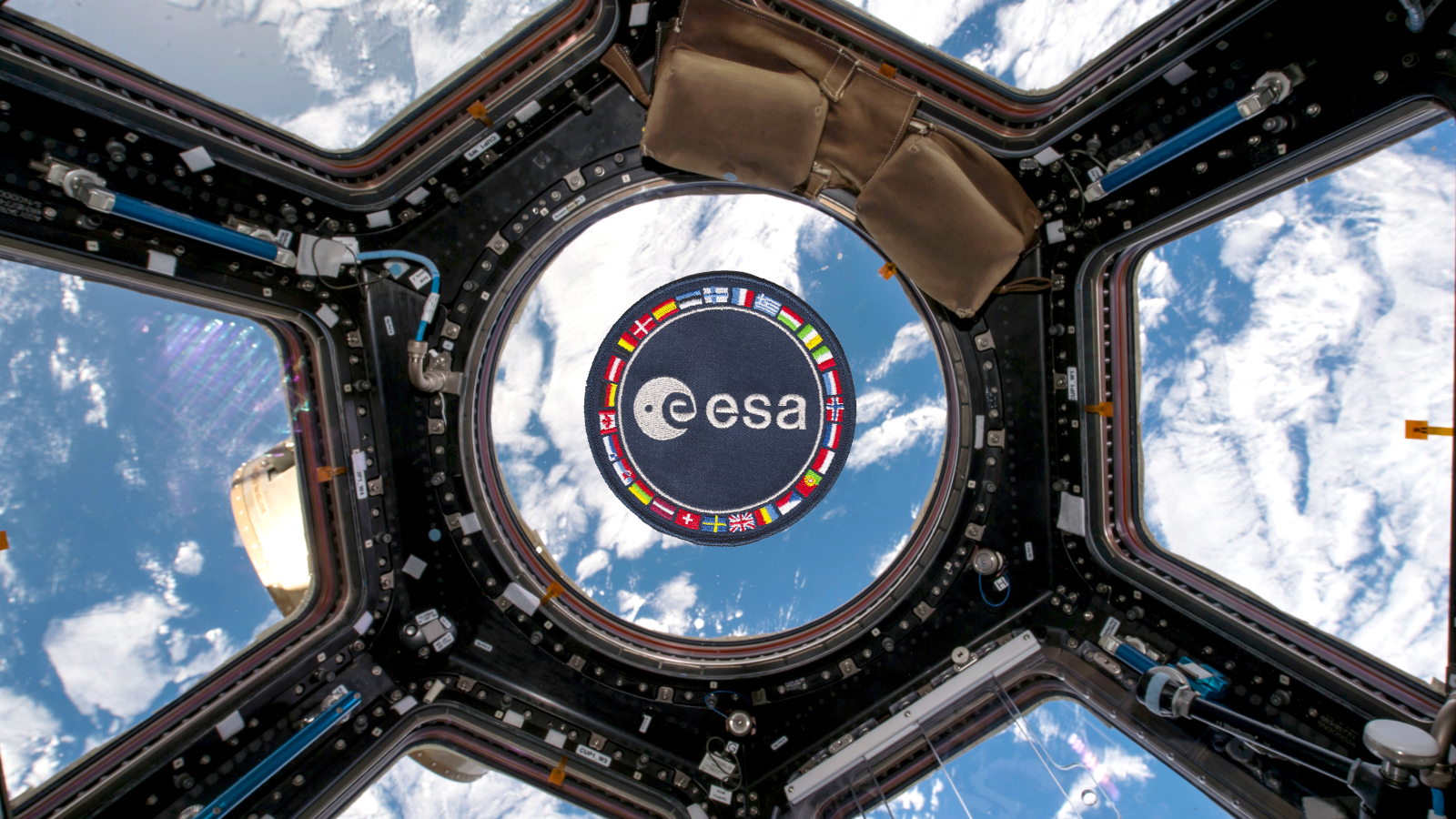Bussiness
Europe’s gas supply once again hinges on one company

When the world’s top gas traders met in late April in Amsterdam, the news came of a leak at Europe’s biggest liquefied natural gas plant, located above the Arctic circle in Norway.
The problem — discovered during a planned test of the facility’s safety systems — was quickly repaired, but not before it caused a momentary spike in the price of natural gas. Back in the Netherlands, it served as an uncomfortable reminder of the power of a single company, Equinor.
In the more than two years since Russia invaded Ukraine, sending energy prices soaring, the Norwegian oil and gas giant has quietly picked up the crown that once belonged to Russia’s Gazprom.
Norway now supplies 30% of eurozone gas; Gazprom provided about 35% of all Europe’s gas before the war. And of the more than 109 billion cubic meters of natural gas Norway exported to Europe last year — enough to power Germany until 2026 — roughly two-thirds was marketed and sold by Equinor.
The company’s new prominence has also raised questions about whether European leaders are, once again, putting their countries at risk by relying too heavily on a single supplier.
Although Norway is perceived as a steady trading partner with a long and consistent history of delivering energy to Europe, extended outages and its handling of maintenance challenges, both of which affect energy prices, have had ripple effects across the continent.
Part of the company’s good fortune has to do with a broader shift in Europe’s relationship to fossil fuels, Thina Margrethe Saltvedt, chief analyst for sustainable finance at Nordea Bank, said in an interview.
Norway’s new role as gas purveyor to Europe has been very profitable — gas exports hit a record high of 1.4 trillion kroner (€120bn) in 2022 — but it has also cast a question mark over Norway’s green future.
While the country has become a leader in initiatives like the transition to electric vehicles, the recent surge in demand for gas has had the effect of redirecting financial resources and talent back into the oil and gas sector.
Meanwhile, organisations such as Greenpeace have expressed concern that Europe’s embrace of Norwegian gas could come at the expense of the broader green transition.
– Bloomberg










